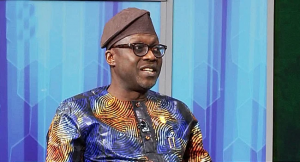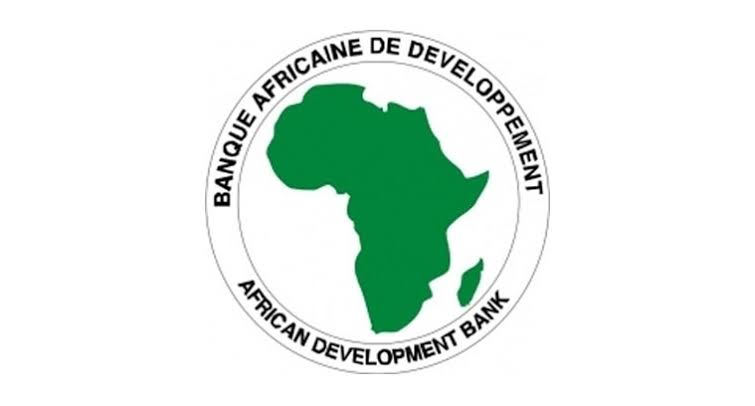The Federal Government, through the Manufacturers Association of Nigeria (MAN), has projected that Nigeria’s headline inflation rate will fall to 14% by 2026, driven by stabilised food prices, steady energy costs, and continued naira appreciation.
Speaking at a press briefing ahead of the 2025 MAN Think Tank Session in Lagos, the association’s Director of Research and Economic Policy, Oluwasegun Osidipe, said the outlook reflects confidence in ongoing monetary and fiscal reforms.
He explained that easing inflation would be supported by “sustained disinflationary policies, food price moderation, and a stable foreign exchange environment.” MAN expects the Central Bank of Nigeria (CBN) to maintain policies that promote macroeconomic stability, enabling stronger investment and growth.
Osidipe also revealed that MAN anticipates a reduction in the benchmark Monetary Policy Rate (MPR) to 23% in 2026, in line with the disinflation trend and efforts to stimulate credit expansion and output growth.
He said, “The CBN is anticipated to implement further cuts in the benchmark interest rate to about 23 per cent to stimulate credit expansion and strengthen investment. The completion of the bank recapitalisation exercise will further enhance credit availability to manufacturers.”
According to MAN’s forecast, the naira is expected to appreciate to between N1,300 and N1,400 per dollar, supported by higher oil prices, stronger external reserves, increased foreign investments, and robust remittance inflows.
The association linked the projected economic gains to effective implementation of new tax incentives, operationalisation of the National Single Window Project, and alignment of Nigeria’s Industrial Policy with the “Nigeria First” framework.
MAN also forecasted that Nigeria’s GDP growth would reach 4% by 2026, supported by higher oil output, improved fiscal management, and expansion in manufacturing and financial services. Osidipe added that increased consumer spending during the 2026 election season is also expected to boost economic activity.
Currently, Nigeria’s inflation rate stands at 18.02%, according to the National Bureau of Statistics (NBS), marking a steady decline since March. In its latest policy decision, the CBN reduced the MPR from 27.5% to 27%, signalling a gradual shift toward a more growth-friendly monetary stance.
Analysts believe that MAN’s projections, if realised, could bring relief to small businesses and manufacturers struggling with high production costs and limited access to credit. For many MSMEs, a lower inflation and interest rate environment would mean reduced borrowing costs, improved purchasing power, and stronger investment confidence across Nigeria’s real sector.










